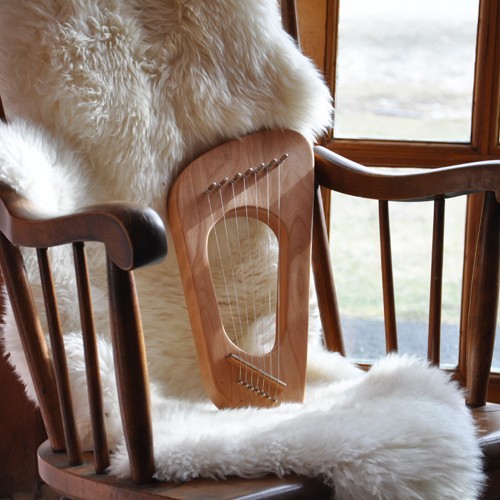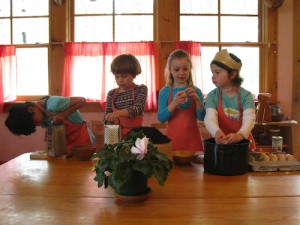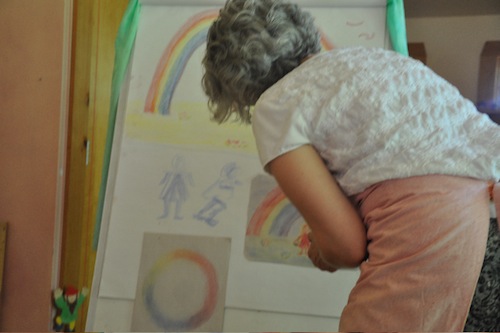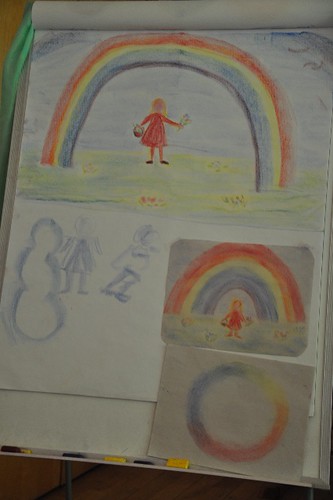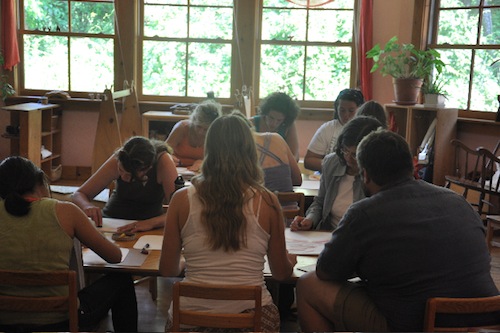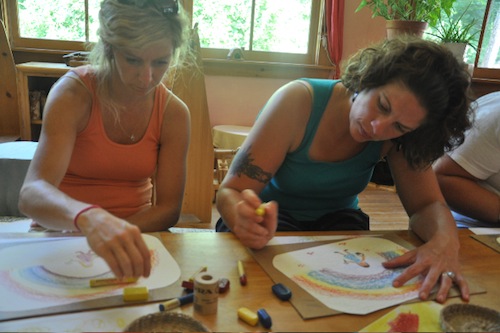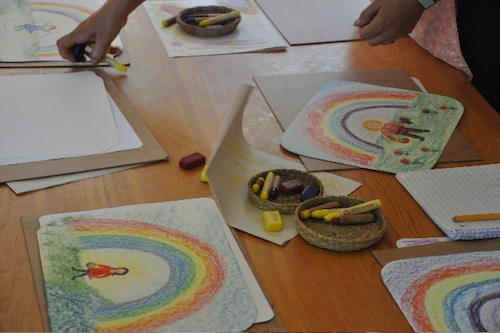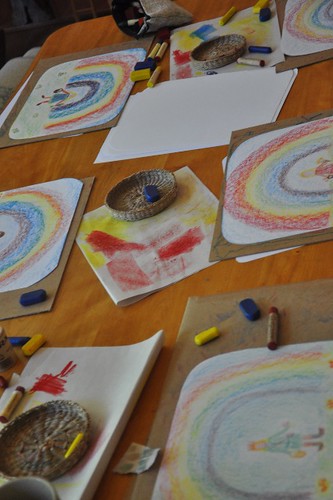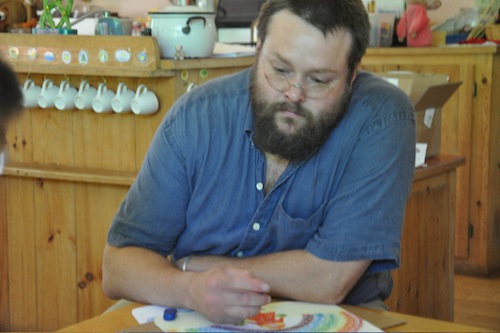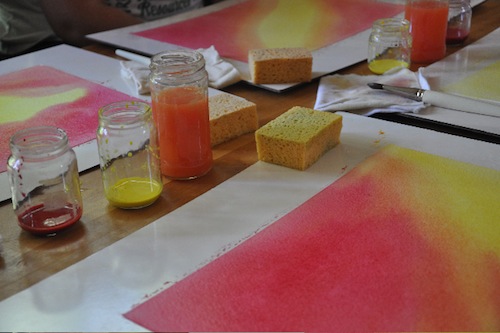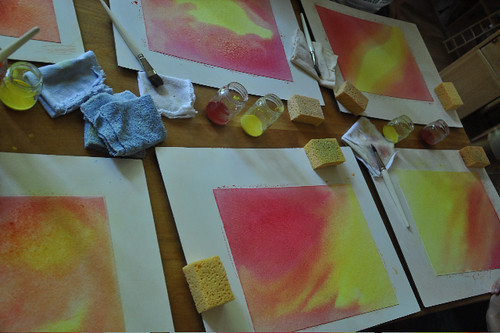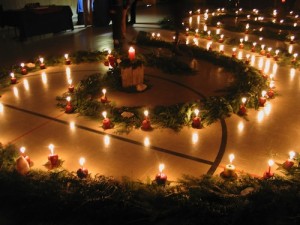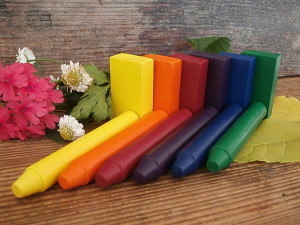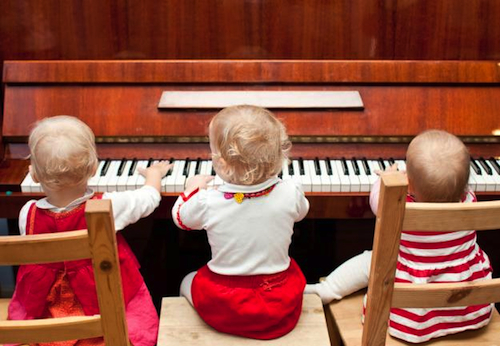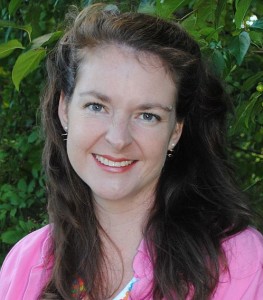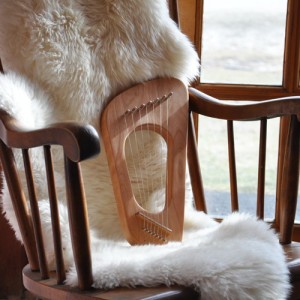Rudolf Steiner, the founder of Waldorf education, recommended thepentatonic harp or lyre (also known as a kinderharp or kinder lyre) as an ideal instrument for use with young children.
Its dreamy, quiet, and heavenly quality is calming and soothing for babies, toddlers and young children, and it’s simple enough for children and adults with little or no musical background to play.
Tuned in the five-note pentatonic scale (D, E, G, A, B, d, e), anything played on the instrument will sound beautiful and harmonious. There are no wrong notes!
I get phone calls and emails every week asking about the differences between the various pentatonic harps and lyres that we sell at Bella Luna Toys, so in this week’s video I demonstrate the differences between them, talk about the benefits of these instruments for in early childhood, and let you actually hear them.
Instruments Demonstrated:
- Song of the Sea 7-String Pentatonic Harp
- Song of the Sea 10-String Pentatonic Harp
- Choroi Children’s Harp (Kinderharp)
I hope I’ve answered your questions, but if not, leave your comments and questions here and I’ll do my best to answer them!

